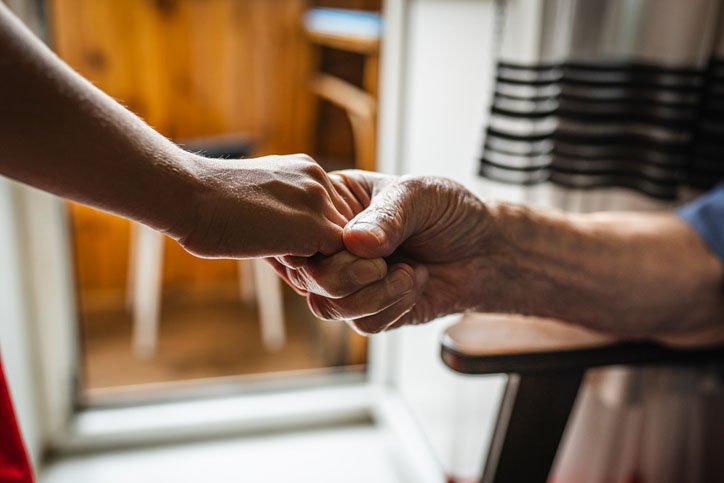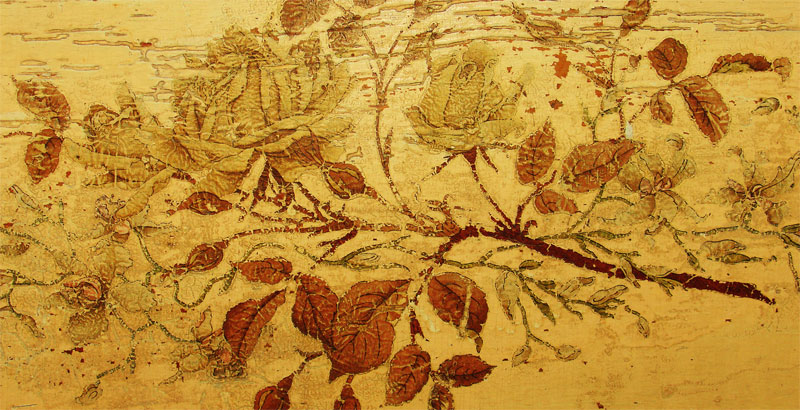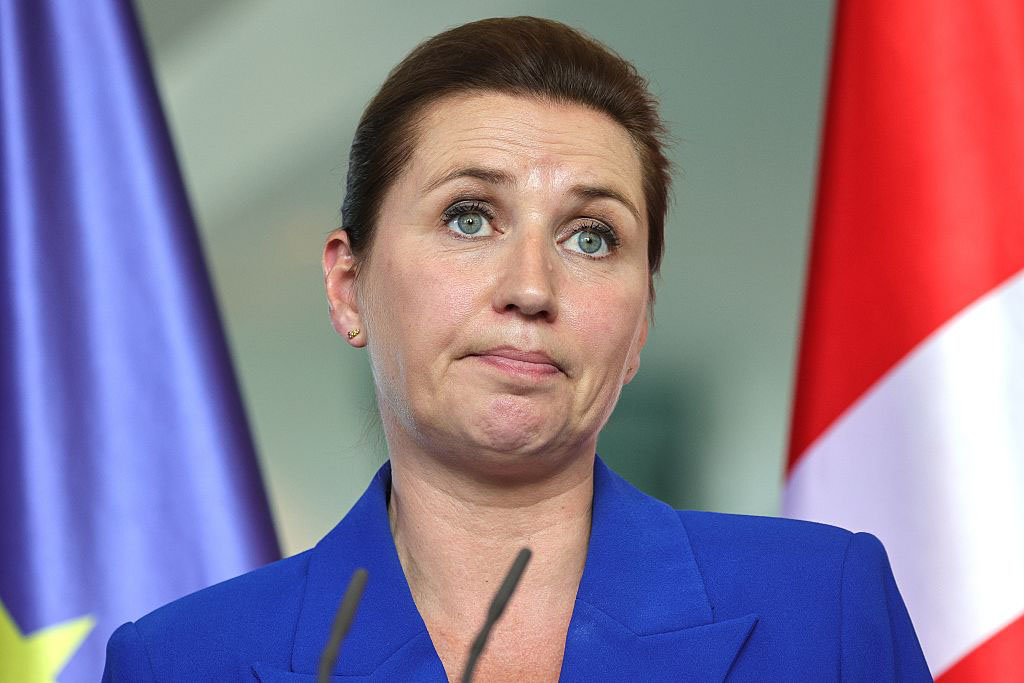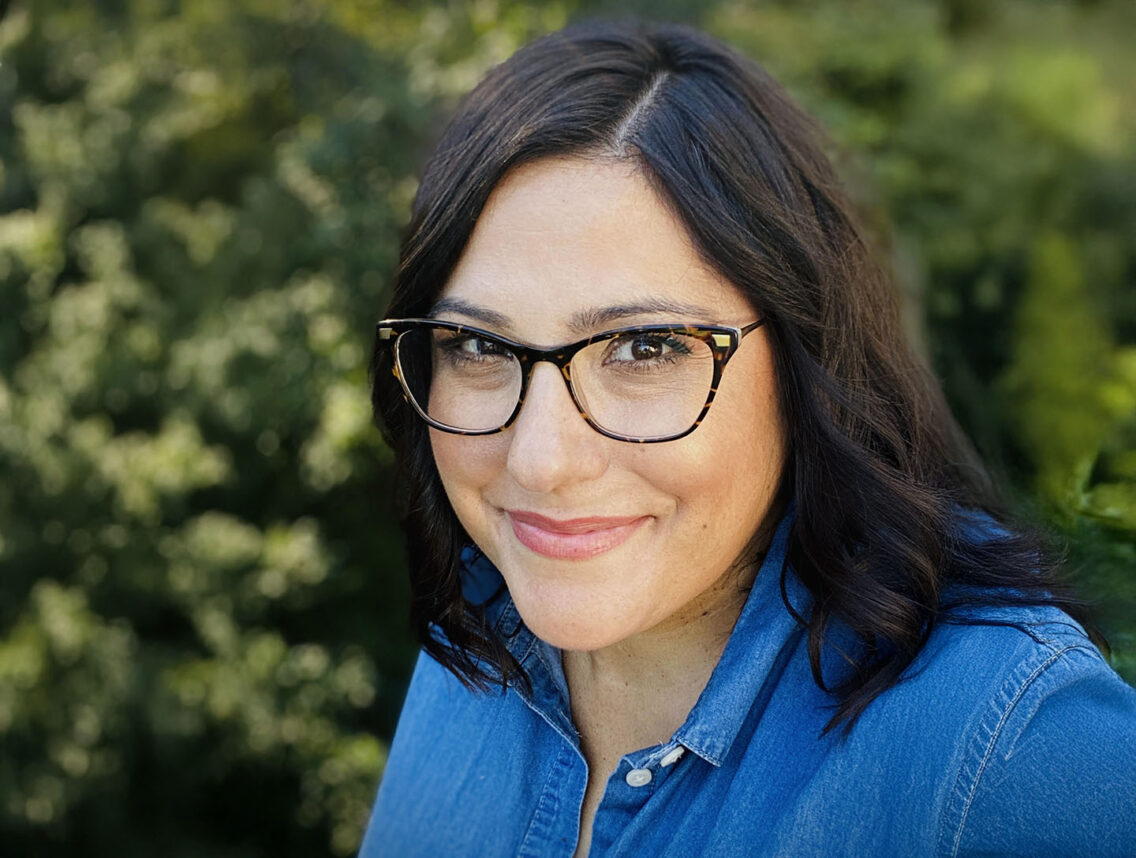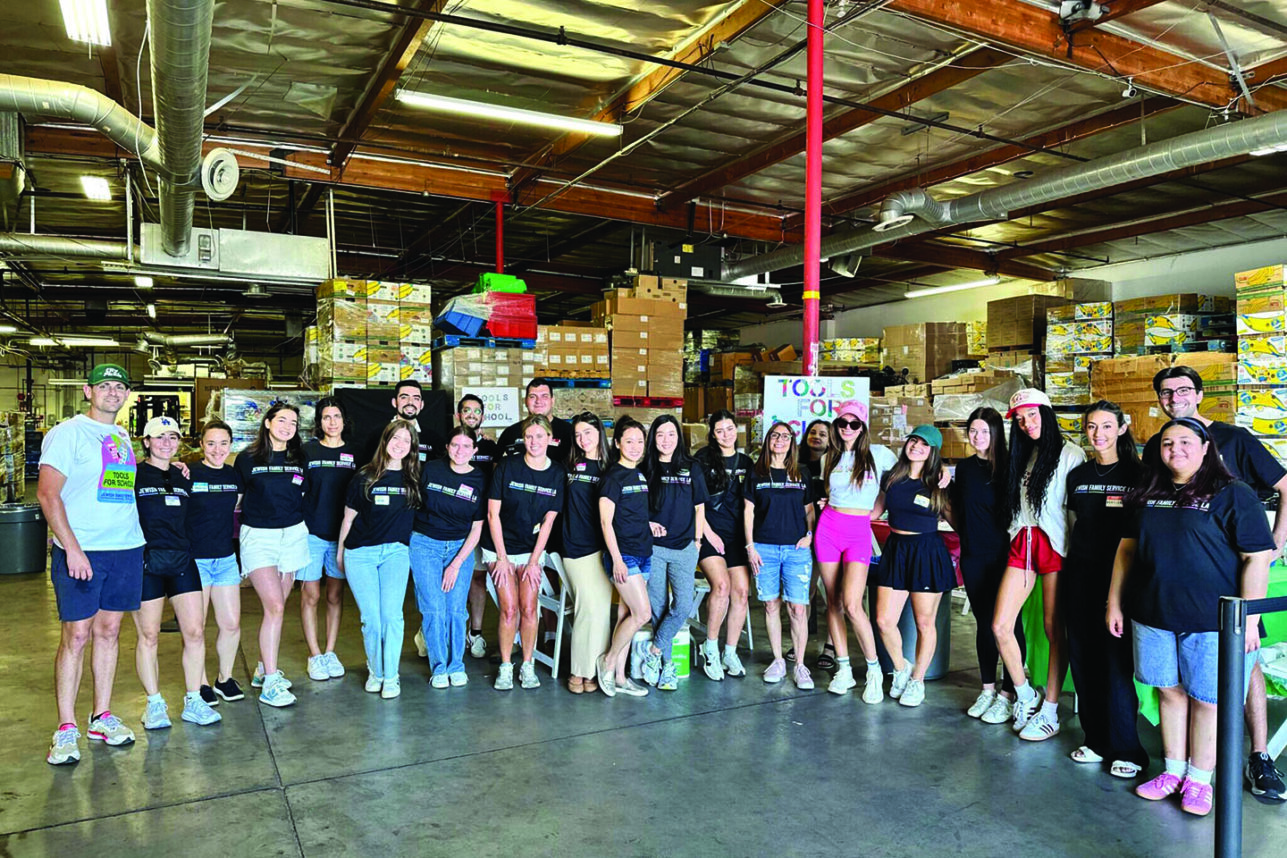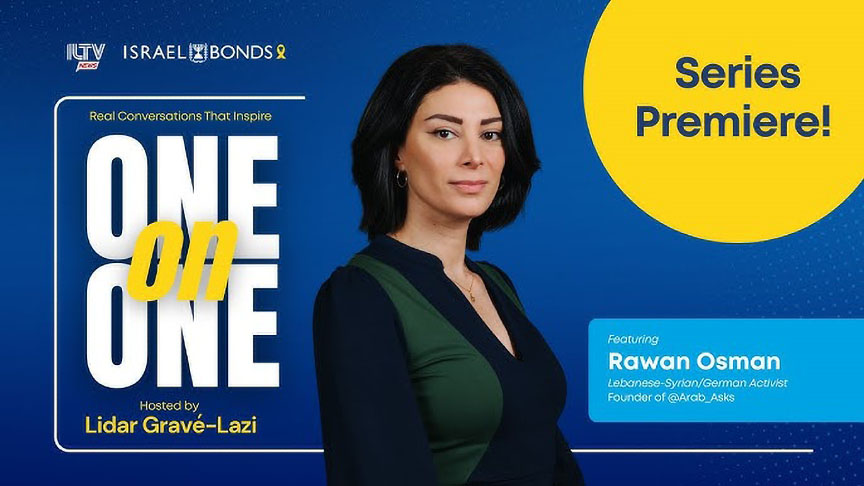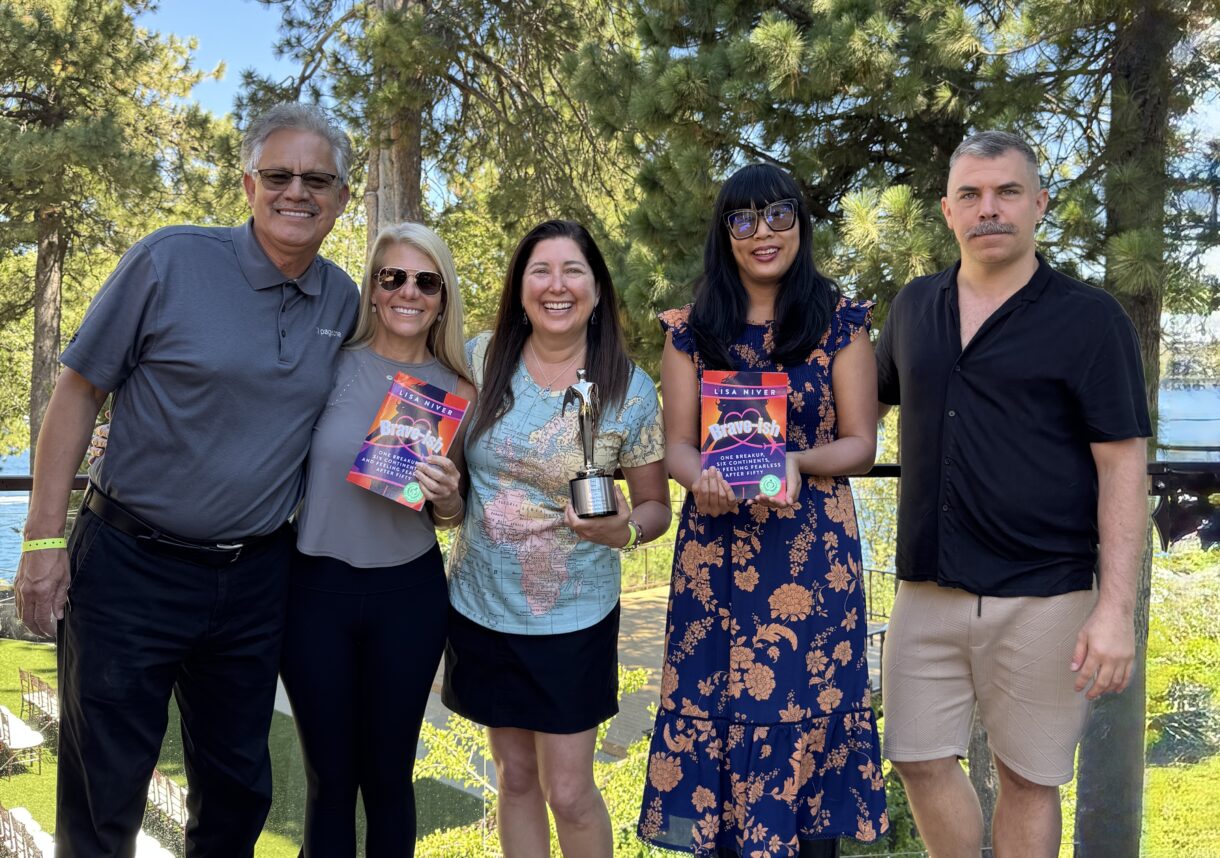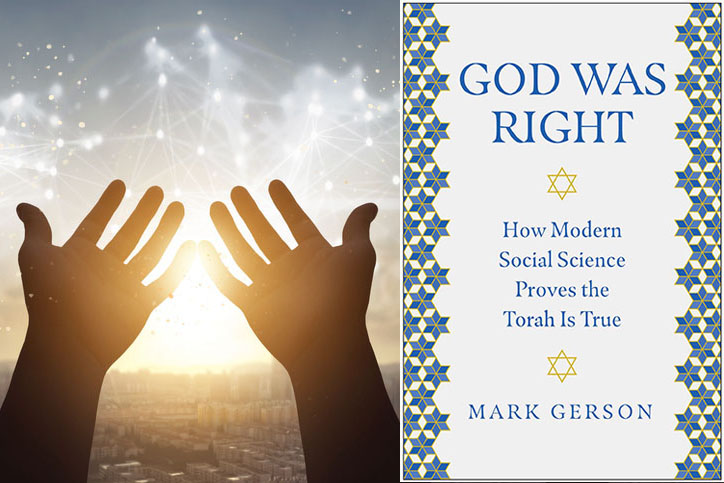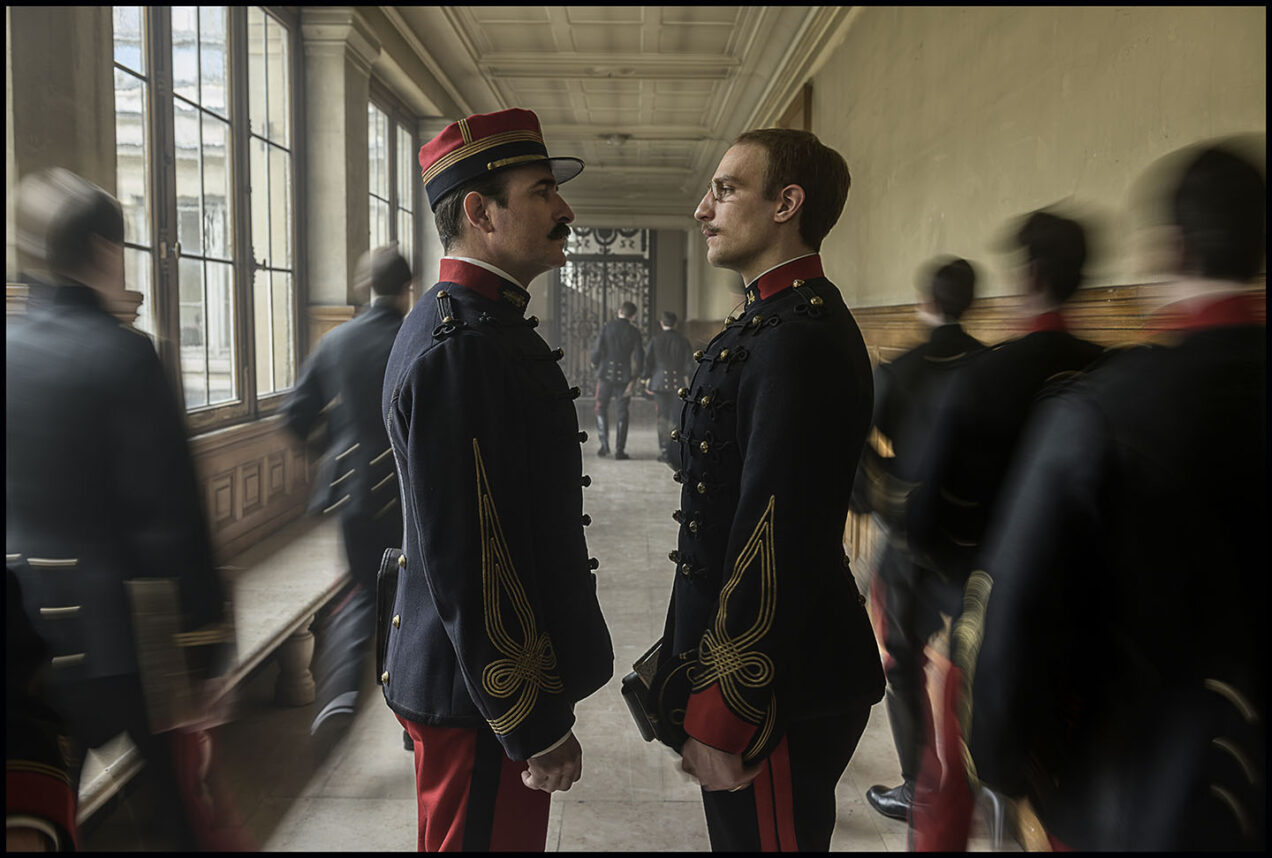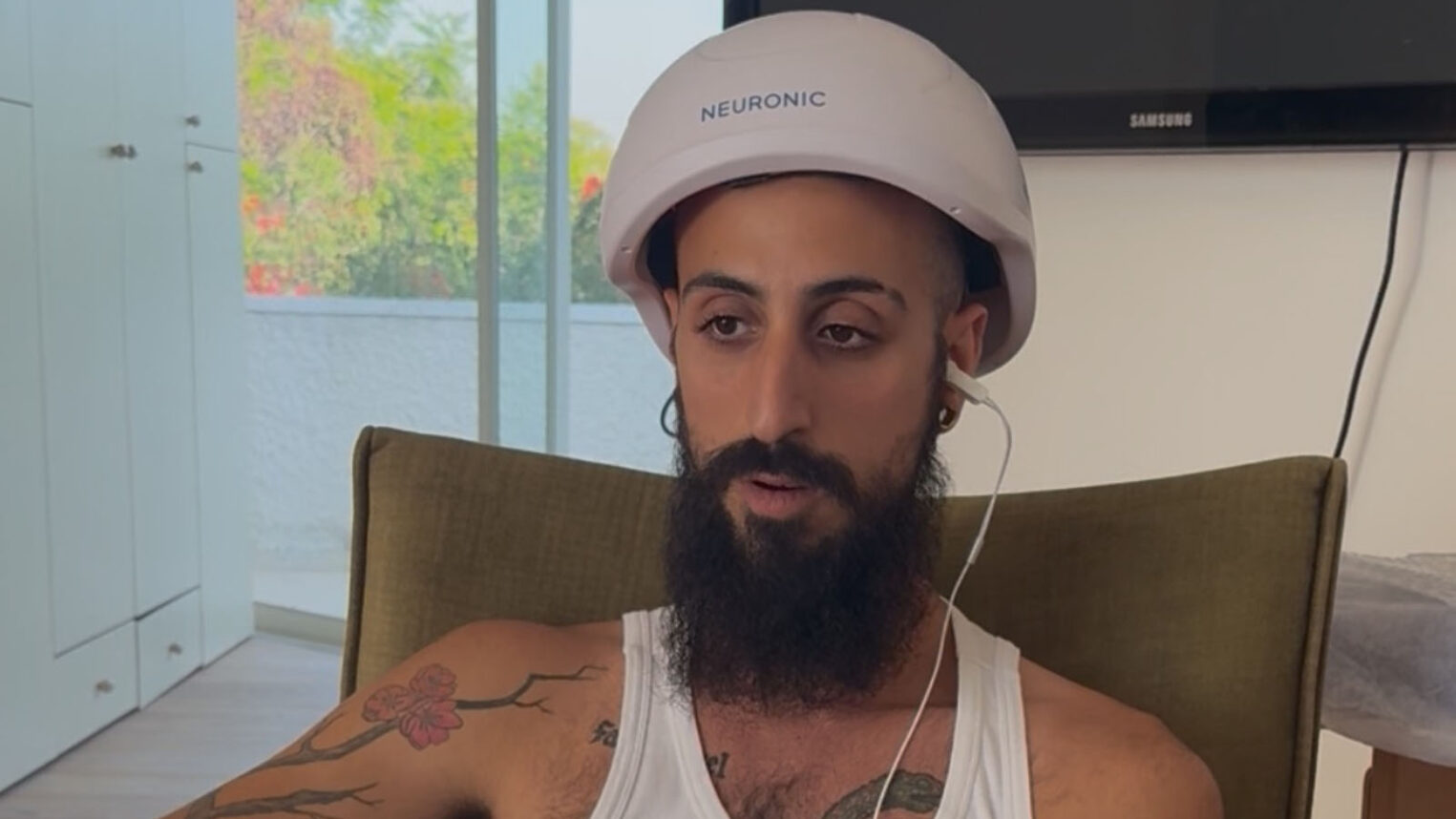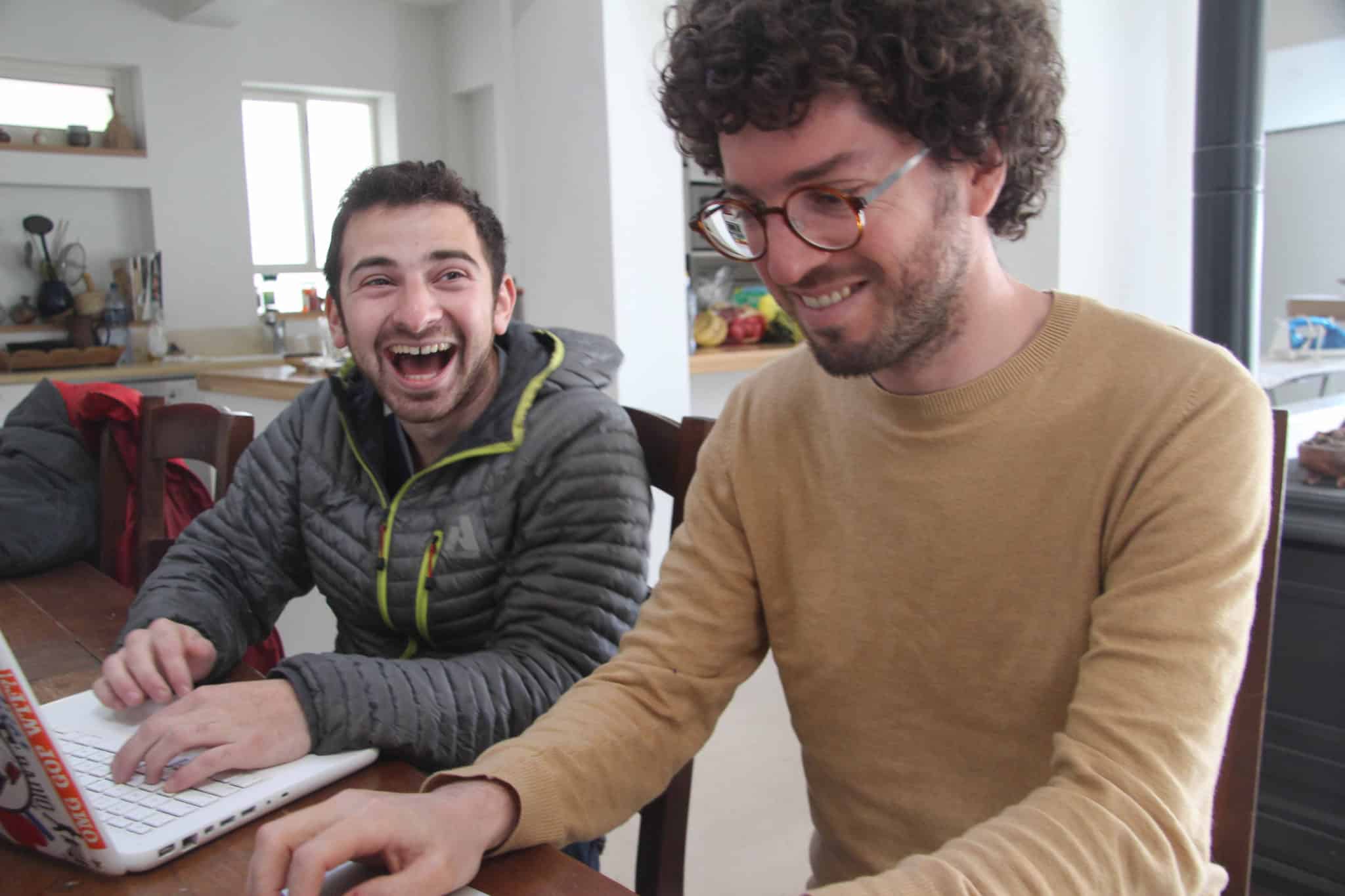
How are ordinary Israelis handling life in lockdown? For four seasons, the popular English-language podcast “Israel Story” has entertained and enlightened worldwide audiences with slice-of-life tales and universal human-interest appeal. Kicking off its fifth season, which officially will launch this fall, “Israel Story” presents a series of biweekly episodes called “Alone, Together” that reflect the COVID-19 pandemic experience.
The first episode involves celebrations that were derailed by the coronavirus — a bris, a wedding and a birthday — and the second episode is about Israel’s first patient to recover from it. Future COVID-19 stories involve quarantine hotels and the ultra-Orthodox community. Along with the 50 episodes from previous seasons, they’re available to stream and download at Israelstory.org and most other streaming apps. Printed transcripts also are available.
“Some stories grab you more than others, have more of a dramatic turn of events,” co-founder and host Mishy Harman told the Journal. “Some are funny, others are more emotional. Others are more mundane and are just about life. They all portray some sort of interaction or romance or dilemma, with the characters making choices that the listener will be able to identify with. It’s a wide range.”
Subjects have included the doctor who anesthetized Adolf Eichmann after his capture, a woman who adopts babies with Down syndrome and a former paratrooper searching for the baby he delivered during the Six-Day War. Researchers and producers typically work on each episode for months, and multiple episodes concurrently.
Some episodes are tied to Jewish holidays. A Shavuot story explored a woman’s bond with the mother of her murdered fiancé, à la the biblical Ruth and Naomi. It will get a sequel this season. A story about a “very dramatic moment in the Yom Kippur War” and a Hanukkah episode are also on the schedule, Harman said. “We try to peg things to what’s going on but we also try to make our episodes as evergreen as possible so people can enjoy them whenever they hear them.”
Politics is covered only tangentially. “There’s enough political content out there about the Israeli-Palestinian conflict,” Harman said. “If we do touch on it, it’s from a human-interest angle.” Subjects include Muslims, Christians and Jews from all communities. “You live within these social bubbles, and that’s what you know. By eliminating the visual element, we take away the judgment and assumptions that people have, and allow them to listen to stories about people they would never meet in real life,” he added. “Everyone has a story to tell, and we benefit from listening to each other attentively and with compassion and empathy. Our show is very relatable and allows us to see the humanity in people even if we disagree with them.”
“Everyone has a story to tell, and we benefit from listening to each other attentively and with compassion and empathy. Our show is very relatable and allows us to see the humanity in people even if we disagree with them.” — Mishy Harman
Jerusalem-born Harman got the idea for “Israel Story” a decade ago. After his Israeli army service, he studied history at Harvard, archeology in England at Cambridge and, before returning to Israel to get his doctorate at Hebrew University, he embarked on a solo road trip across the United States. His traveling companion: episodes of the podcast “This American Life,” a gift from a friend.
“I didn’t realize it then but it was going to transform my life,” Harman said. In 2011, he got together three friends to create an Israeli version. “We had no experience with media or journalism. It was a passion project, something we did late at night while doing other things.” It was an immediate hit.
They produced four seasons in Hebrew before launching the English version in 2014, and they’ve taken “Israel Story” on tour with live shows, speaking engagements and workshops. Since those aren’t possible during COVID-19, they’ve been replaced by virtual events revisiting and updating popular stories on Facebook Live and IsraPalooza, a 12-hour Zoom broadcast on Yom HaAtzmaut featuring such celebrities as Itzhak Perlman and Amar’e Stoudemire. Right now, Harman is working from his home in Somerville, Mass., unable to visit Israel because of pandemic-mandated travel restrictions.
Born in Jerusalem to an American mother and a Sabra father who met in graduate school at Harvard, Harman is the grandson of Polish grandparents whose families perished in the Holocaust on his maternal side and the descendant of Israeli luminaries in his paternal line. His grandfather, Avraham Harman, served as Israel’s ambassador to the United States from 1959-68. His grandmother Zina and aunt Naomi were elected to the Knesset.
“My family was loosely associated with the Conservative movement. We had a traditional kosher home, went to synagogue every Shabbat,” Harman said. These days, “I wouldn’t say that I’m observant, but Jewish culture and tradition are very important to me.” His wife, Federica, is Italian-Catholic, but future children, he said, would be raised Jewish.
Reflecting on what he’s learned from “Israel Story,” Harman shared that it has made clear “how little I know about my own country and its society. This project enabled me for the first time to step out of my little bubble and to experience what life is like if you’re a Bedouin girl or an ultra-Orthodox man or a Russian immigrant,” he said. “I have a greater understanding now of what Israeli society is like, and how complicated it is.”
Aware that Israel can be a divisive and polarizing topic for some, Harman is optimistic that “Israel Story” will continue to expand people’s perceptions. “I hope that through our show we can show listeners that Israel is a country with people of all kinds like any other place, not some idea,” he said. “The Israel that people love and the Israel people hate are both imaginary entities. Neither one exists. We try to show pieces of the real Israel.”
“Israel Story” episodes are available to stream and download at their website and apps including Apple Podcasts, Spotify, Pandora, Google Podcasts and Stitcher.
















